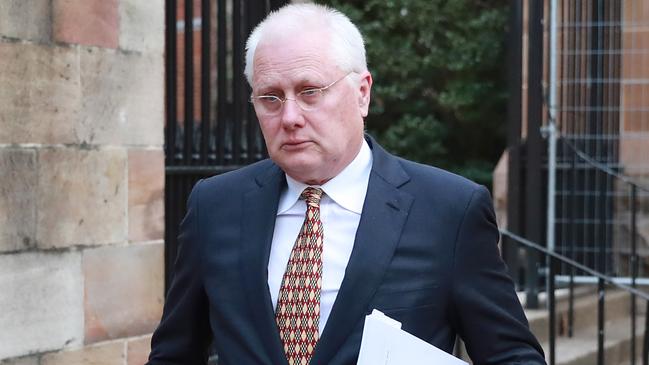
Bret Walker SC is no journeyman barrister, no junior pundit without influence. His stature is such that many would see him as the Bar personified. It is beyond poor form for Walker to accuse those who disagree with his legal analysis of the constitutional implications of the voice – such as Louise Clegg or Frank Brennan – of making racist arguments.
Not even the great traditions of the Bar, or the legal profession as a whole, can reel in those on a ruthless pursuit of the preferred model of the voice.
There was plenty in the AFR’s report about Walker’s comments last Friday. There was more than enough logical leaping and rhetorical flourishing of dubious quality. When describing lawyers who raised concerns about the power of the current voice model as racists, Mr Walker said: “Have you ever heard these people complain about the mining council being able to get an audience with ministers? No. Have you ever heard the Business Council of Australia being denounced as an unfairly special group? No.”
His comparison between the ministerial access afforded to the Minerals Council or the Business Council, on the one hand, and a constitutionally enshrined Indigenous body, on the other, is a particularly strong candidate for illogical statement of the year. Neither the Minerals Council nor the Business Council are enshrined in the Constitution. Neither has legislative force, either.
And these are not bodies that comment on a wide swath of policies as the voice, as currently drafted, will be empowered to do.
The worst feature of Walker’s intervention was not, however, the minutiae of its arguments, but its demeaning character. I refer here not to the remarkable level of certainty of his views – one could almost call them arrogant – as one expects this of top silks. No, the real concern was relying on flimsy comparisons with mining and business lobby groups to denigrate those who disagree with him. Describing differing views as “racist” is unforgivable from a leader of the Bar.
Is it any wonder that I have been writing for months that I constantly speak to prominent barristers who have profound concerns about the legal implications of the voice but are afraid to speak out?
Walker’s comments tell you what happens to those who disagree with the orthodoxy of the progressive Bar. And it is not limited to a fear that their colleagues are whispering behind their backs in the tea rooms of barristers’ chambers.
Lawyers who wish to speak up have a real concern that disagreeing with the orthodoxy will also bring retribution from the law firms strongly aligned with the most radical model of the voice, and from those governments which also support that model. Briefs will dry up and appointments will disappear.
The legal profession must be better than this. The Bar Association should condemn Walker’s comments and demand there be no more attacks. It should also denounce any possibility that law firms might discriminate against or in any way harm lawyers who raise concerns about the legal implications of the voice.
While this would all be a great first step, it begs a wider and more troubling question. Is this the model of behaviour we can expect from the voice and its advocates if the referendum is successful?
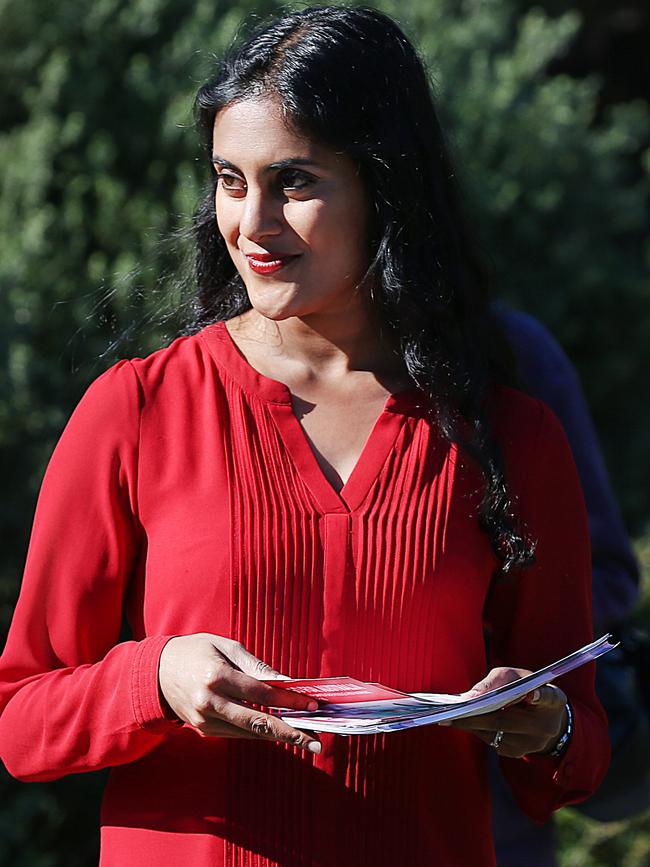
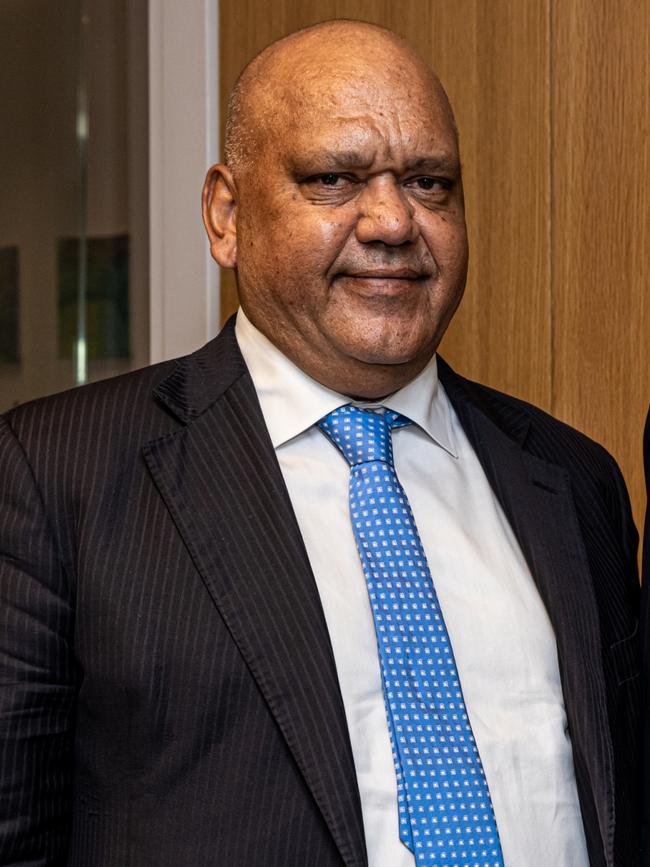
The campaign has been marked by a level of dishonesty, nasty attacks and deception one could scarcely credit. Once upon a time, Marcia Langton, Shireen Morris and many others promised us the voice would not shift power from parliament to the courts because it would be non-justiciable.
We now know this was never true, and quite probably could never have been true. This kind of misleading conduct, coupled with the kind of smears we saw Noel Pearson direct at David Littleproud, and now Bret Walker’s intervention, tells you how the voice will operate if implemented – more division and harassment can be expected.
Regular cries of “racist” will be directed at those who stand in the way of the voice.
Leave aside the irony of those seeking constitutional preference for one race only calling others racist, how does any of this advance reconciliation or improve the lives of Indigenous Australians in a practical way? Is this really a good thing for Australia? Maybe we should just stop the current debate and start over.


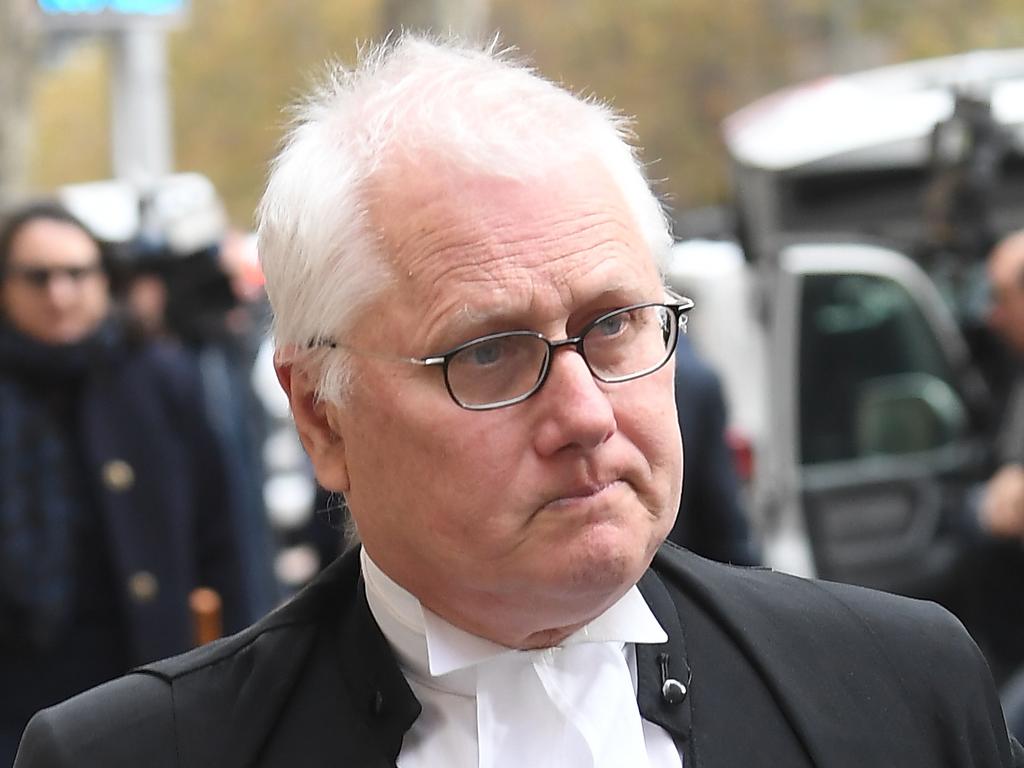


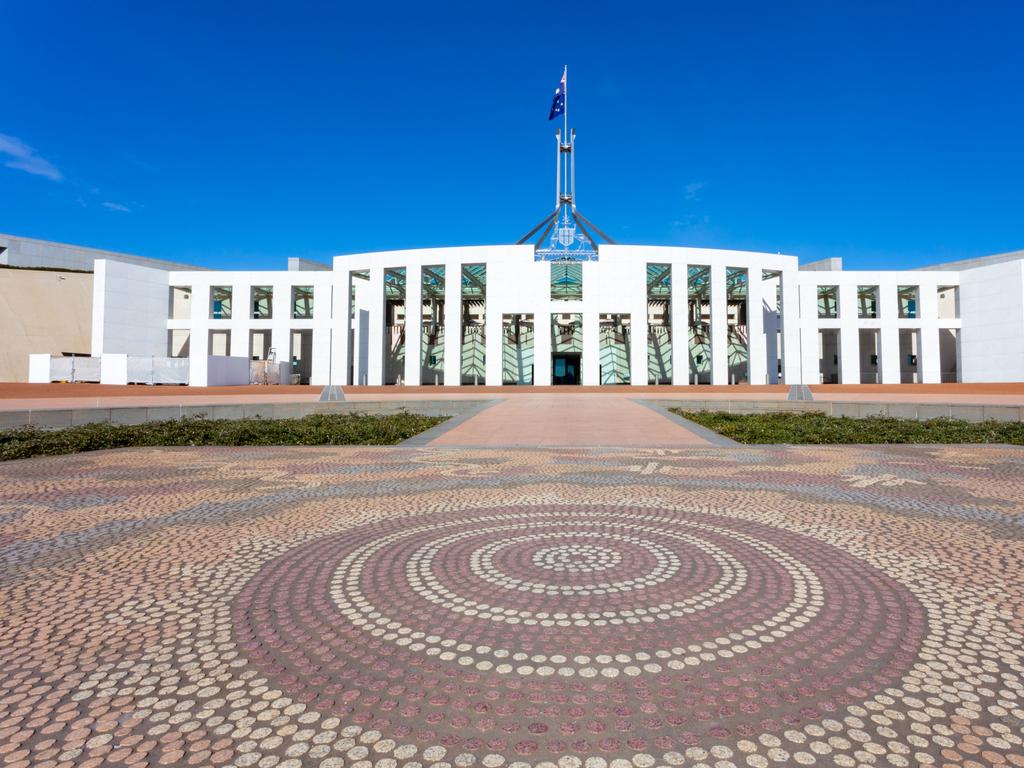


Is this what the legal profession has sunk to? The Bar, the institution that brought us the cab-rank rule to ensure even unpopular defendants and causes can get the best defence reasonably available – the profession that has championed free speech, rational debate and individual freedom – now sees its leaders use their platforms to demean those with different legal views.